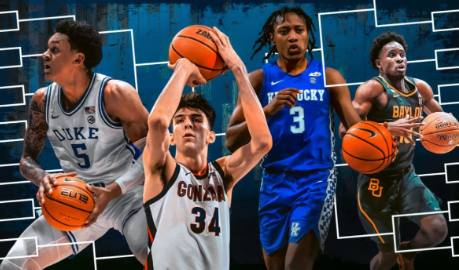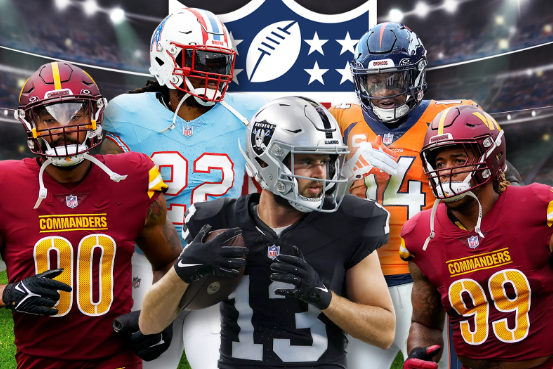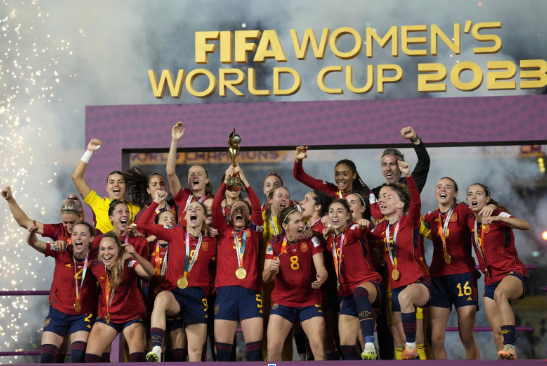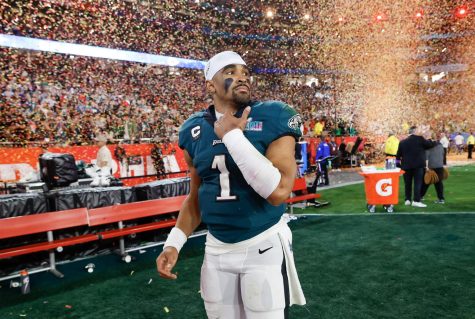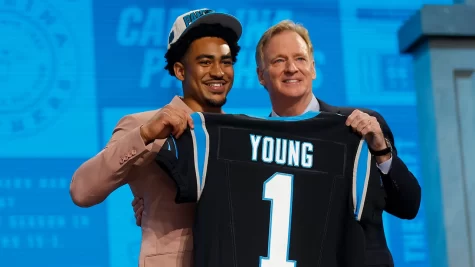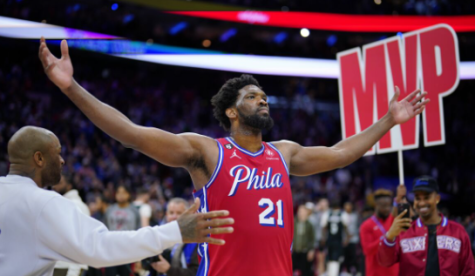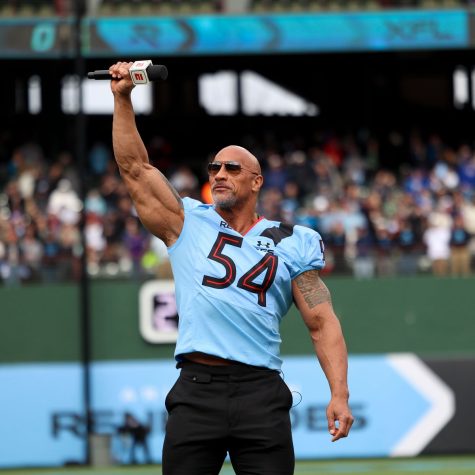College Athletes, Should They be Paid?
September 26, 2019
A popular question that arises discussion of the entire sports world each year: should collegiate athletes be paid?
This past Friday, Tim Tebow heavily voiced his opinion on this very topic, one he was subject to heavily during his playing days at Florida in 2006 through 2009. “I feel like I have a little credibility and knowledge about this,” Tebow states in his interview Friday on First Take. “Because when I was at the University of Florida, I think my jersey was one of the top jerseys around the world … and I didn’t make a dollar from it, but nor did I want to. Because I knew, going into college, what it was all about.”
His statement Friday stems from California’s State Senate’s decision to pass a bill that allows collegiate athletes to be paid for the use of their likeness, starting in 2023.
“If I could support my team, support my college; support my university, that’s what it’s all about.” Tebow adds. “But now we’re changing it from ‘us’ … from being an alumni where I care, which makes college sports special, to then okay it’s not about ‘us,’ it’s not about ‘we.’ It is just about ‘me.”
His hot take on this topic generated a heavy dose of social media backlash the entire weekend from his colleagues, former players, and even fans.
Dez Bryant was one of the people providing the backlash. Bryant, 30, heavily disagreed with Tebow’s claim. “The majority of these kids come from poverty.” Bryant claims. “Trust me it’s not all about ‘me, me, me, me,’ for many of them it’s about putting food on the table in broken homes.” Bryant finishes off his tweet with a hashtag reading, “#1stGenerationCollegeStudents.”
ESPN college basketball analyst Jay Bilas also fired back at Tebow’s comments on Twitter. “…Tim Tebow (wishing) to turn down compensation doesn’t mean all should be required to.” Bilas writes. “He is free to play for free. All athletes should have the same economic rights as LITERALLY everyone else.
In response to the fallout on social media, Tebow mentioned that he would support the creation of a committee that would help fund living costs for student-athletes coming from low-income backgrounds.
Lakers superstar LeBron James, who skipped college to go to the NBA, endorsed the act put into place, “California can change the game.” James said. “This is only right, way overdue.”
If all states were to welcome in this massive change, student athletes would acquire millions of dollars in of revenue. However, many problems could occur with this monumental change.
Cons: One massive downfall of letting student athletes obtain money from their likeness would include a large increase in inequality between different genders, sports, positions, and other colleges. If athletes competing in a sport are paid more than participating in a work-study program or another sport, a potential problem could occur based on the salary each student receives.
The other main disparity between potential incomes would be between different colleges. Is every college athlete paid the same amount? On the other hand, does your position and school dictate how much compensation you receive? All these different variables could influence the decision for college athletes to be paid.
Another major problem the law could ensue is the potential losses of other programs funded by school athletics. In a scenario where a school-program is heavily supported by the school’s sports teams, the program may be cut from the schools budget if a large chunk of revenue generated by the team goes towards players’ salaries.
It would eliminate the gap between amateur and professional sports. The main problem stemming from this would be for college athletes that would not eventually turn pro. They would have fewer options available to them after their college careers because they would be considered, “almost professional.”
It could shift people’s personal priorities when going to college. Passing this law could result in college students focusing on athletics more than their academics. This downfall could result in lower level schools losing students interest if they begin to not care about where they would learn the most, versus where they would be paid the most.
Pros: When looking at the positive side of the argument, corruption regarding recruiting processes would no longer exist if all players were paid the same amount. This would also vanish lawsuits against colleges in regards to paying players to come to their school. A topic, which has been heavily disputed in the college, sports world throughout the past 5 years.
It would keep star college athletes at their respective colleges longer. In most cases, star college athletes leave their school after one season of playing to pursue their career in the professional sports leagues. Paying these players could prevent this issue and persuade them to stay an extra year because of the compensation.
It would provide college students with another reason to play. Less than 2% of college athletes go on to play professionally in their sport. That statistic can be diminishing to a college student’s decision to play a sport because of the 98% likelihood that they will not make it anywhere in the future. However, paying the players could provide an incentive to play if it gives them a way to pay for the costs of college not covered by a scholarship.
In the event that the National Collegiate Athletic Association denies the ability for student athletes to be paid an annual salary, allowing them to make money off jersey sales and other marketing techniques could go a long way. California unanimously passing this law is a step in the right direction, but the NCAA must do its part as well to help its student athletes.




